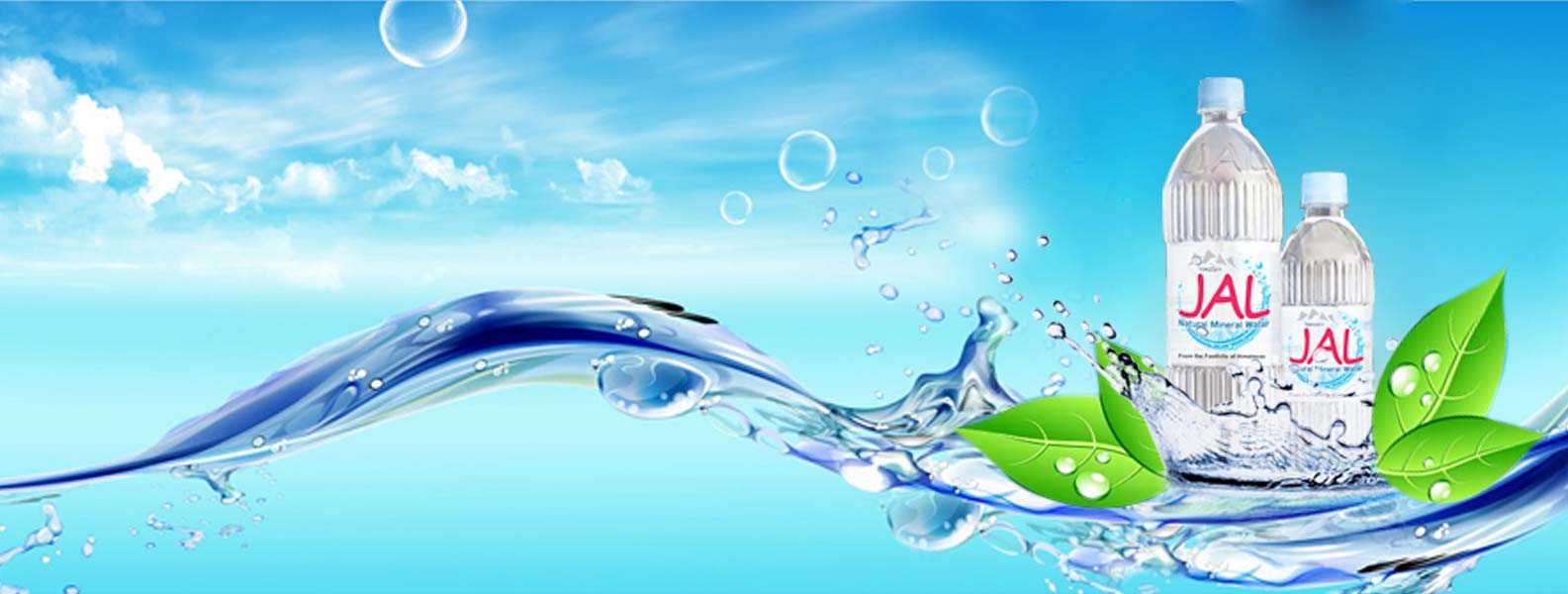
If you’re reading this article, chances are that you have just finished cleaning your teeth for the 100th time this month. After all, everyone knows that brushing twice daily is the best way to ensure strong, healthy teeth and gums—right? If only it were that simple… It turns out that deep cleaning teeth can be harmful, so much so that some dentists even recommend against it altogether. Find out what’s so bad about disadvantages of deep cleaning teeth below!
1) It damages your gums
If you’re using a really hard toothbrush, then you could be damaging your gums. Soft brushes clean your teeth just as well, and they don’t rub them away. We all know that going to the dentist can cost a fortune; save some money by not deep cleaning your teeth every day. Studies have shown that regular flossing can reduce gum disease and tooth loss by 50%.
2) Toothpaste causes cancer
According to research, a common ingredient in toothpaste could cause cancer. The National Cancer Institute says that triclosan, an antibacterial ingredient in some toothpastes, may increase your risk of cancer. So instead of deep cleaning your teeth with chemicals that can potentially harm you, opt for a natural alternative like baking soda or sea salt. You’ll get plaque-fighting benefits without any risk to your health!
3) Peroxide rots your teeth
Peroxide is also commonly found in whitening toothpastes and mouthwashes. Unfortunately, it can have a negative effect on your teeth if you’re not careful. Peroxide will start to break down and decompose organic matter over time. As soon as that happens, your toothbrush starts to lose its effectiveness and your enamel begins to deteriorate more quickly than usual. To avoid tooth decay and maintain optimal oral health, stick with products that don’t contain peroxide (and if they do, rinse thoroughly).
4) You could lose your crowns
You may think that deep cleaning your teeth is a good idea. After all, what could be better than having shiny, pearly whites? But you’ll actually have to be very careful about your oral health after a deep cleaning. According to experts, it may cause damage to your enamel and put stress on any dental restorations. This can lead to receding gums, fractures in teeth, or worse: tooth loss. Overall, there are more disadvantages of deep cleaning than benefits so you should try alternative strategies if you want pearly whites. To start, you should watch how much sugar you consume because it can contribute to cavities. Also, flossing regularly will help remove plaque and bacteria from between your teeth. Don’t forget that brushing twice daily with an ADA-approved fluoride toothpaste also helps keep cavities at bay. Just make sure to brush for two minutes each time! If necessary, get regular checkups at a dentist office or other medical facility to ensure that things stay healthy. Keep your mouth clean but don’t go overboard by undergoing deep cleanings unless absolutely necessary—they might do more harm than good!
5) Tooth whitening is bad for you
(1) In some cases, teeth whitening can actually damage your teeth. That’s because bleaching agents—those chemicals that zap stains from your pearly whites—can weaken tooth enamel and make them more susceptible to tooth decay. (2) Whitening strips are generally not FDA-approved and may contain dangerous chemicals. It’s important to stick with reputable brands like Crest or Colgate for a safer way to brighten your smile. (3) If you have any existing dental problems, you could make them worse by whitening too aggressively.
6) There are no benefits!
While you can certainly make a strong case that regular cleanings are necessary, as are flossing and brushing, it may come down to your own particular situation to determine if deep cleaning is right for you. For example, if you grind your teeth or suffer from TMJ disorder then deep cleaning could be recommended by your dentist. However, there are plenty of disadvantages of deep cleaning; some of which can be very serious in nature. Keep reading to learn 10 reasons why you should avoid deep cleaning at all costs!
7) Fluoride is unhealthy
Fluoride is added to many municipal water supplies and toothpastes to help prevent cavities, but some people find that it leaves them with whitening of their teeth. If you’re one of these people, or have other concerns about fluoride, consider switching to a natural or non-fluoride toothpaste. One of these products might be your best option if you want a healthy smile without worrying about severe disadvantages of deep cleaning your teeth. For instance, if you’re looking for alternatives that are more effective at controlling bad breath without chemicals, you can try an all-natural product that contains essential oils. Other options include using a homemade baking soda paste to fight tartar buildup and soothe sensitive gums.
8) Plaque doesn’t matter anymore
Yeah, toothpaste commercials are all about brushing to get rid of plaque buildup. However, you don’t need to worry too much about it. Every now and then a professional cleaning is necessary but as long as you brush twice a day with fluoride toothpaste and floss once a day, your teeth will stay healthy enough to avoid costly dental procedures. If you need more convincing, consider that in one study patients who received professional cleanings had less gum inflammation than those who didn’t! Plus all that extra scraping (and potential pain) may actually contribute to recession of your gums.
9) Brushing properly can damage your gums even more
Brushing your teeth is an important part of good oral hygiene. However, dentists recommend against brushing vigorously and hard. If you brush too hard, you can cause damage to your gums, which can lead to inflammation and bleeding. And if you do have bleeding gums (known as gum disease), it’s important to seek treatment so that they don’t get worse and become more painful. Don’t scrub your tongue too hard: Some people spend far too much time brushing their tongues with a toothbrush—so much time that it can actually cause damage. So when you’re brushing your teeth, focus on putting pressure on your back molars, where most of the germs are found.
10) Whole mouth cleanings hurt like hell
Okay, I know you didn’t want to hear that. But it’s true! The average cleaning from a dentist can last anywhere from 40 minutes to an hour depending on your teeth and gums and whether or not you have any gum disease or decay. When you think about how long it would take for someone to clean your whole mouth, it’s no wonder that most people schedule two dental appointments each year (spring/fall). After going through just one round of a deep cleaning, we promise you’ll never complain about having another cavity!


